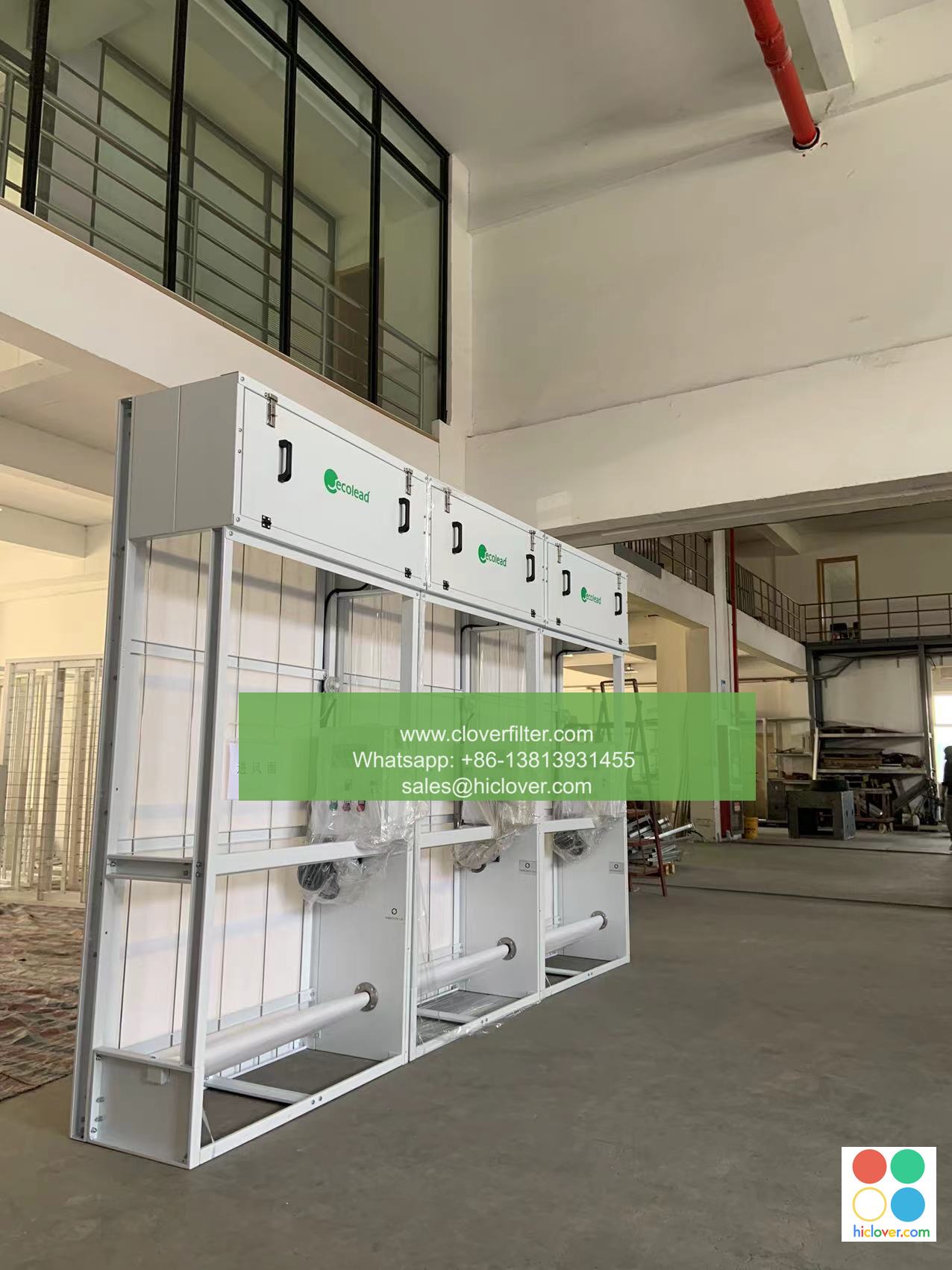The Importance of Energy-Efficient Air Filters for Industrial Facilities

The Importance of Energy-Efficient Air Filters for Industrial Facilities
Reducing Energy Consumption and Cost
Industrial facilities are critical to the global economy, but they also pose significant environmental challenges. One of the most pressing issues is energy consumption, with facilities consuming a significant amount of energy to power their operations. According to the US Department of Energy, industrial facilities account for a substantial proportion of the nation’s energy consumption. However, there is a way to reduce energy consumption and costs – by installing energy-efficient air filters.
How Air Filters Conserve Energy
Air filters play a crucial role in maintaining the indoor air quality in industrial facilities. They remove pollutants, dust, and other impurities from the air, ensuring a healthy and safe working environment for employees. Traditional air filters, however, can be energy-inefficient, consuming a significant amount of energy to perform their function. Energy-efficient air filters, on the other hand, use advanced technology to reduce energy consumption while maintaining high-performance filtration capabilities.
Types of Energy-Efficient Air Filters
- Electronic Air Cleaners: These filters use electrostatic attraction to remove pollutants and particles from the air, reducing the need for expensive replacement filters.
- HEPA (High-Efficiency Particulate Air) Filters: These filters use a tightly woven mesh of fiberglass or other materials to capture 99.97% of particles as small as 0.3 microns, reducing the need for frequent replacement.
- Centralized Air Handling Units (CAHU): These units are designed to handle large volumes of air, reducing the need for multiple units and lowering energy consumption.
Benefits of Energy-Efficient Air Filters
- Reduced Energy Consumption: Energy-efficient air filters can reduce energy consumption by up to 80% compared to traditional filters.
- Lower Energy Costs: With reduced energy consumption, industrial facilities can enjoy significant cost savings on their energy bills.
- Extended Filter Life: Energy-efficient air filters can double or even triple the life of traditional filters, reducing replacement costs and the environmental impact of disposal.
- Improved Indoor Air Quality: Energy-efficient air filters can remove pollutants and particles as small as 0.3 microns, improving indoor air quality and reducing health risks for employees.
- Compliance with Regulations: Installing energy-efficient air filters can help industrial facilities meet and exceed government regulations and standards for indoor air quality.
Key Application Areas
- Manufacturing Facilities: Energy-efficient air filters are essential for maintaining clean and healthy air in manufacturing facilities, where production lines and worker health are critical.
- Wastewater Treatment Plants: Energy-efficient air filters help to remove pollutants and particles from the air, reducing odors and improving indoor air quality in wastewater treatment plants.
- Data Centers and Server Rooms: Energy-efficient air filters are crucial in maintaining ultra-clean conditions in data centers and server rooms, where temperature and humidity are critical for equipment performance and longevity.
- Food Processing and Storage Facilities: Energy-efficient air filters help to maintain a clean and hygienic environment, reducing the risk of contamination and spoilage in food processing and storage facilities.
Conclusion
Energy-efficient air filters are a game-changer for industrial facilities, offering significant energy savings, reduced costs, and improved indoor air quality. By installing these filters, industrial facilities can reduce their environmental impact, improve employee health, and meet regulatory requirements. Whether it’s a manufacturing facility, wastewater treatment plant, data center, or food processing and storage facility, energy-efficient air filters are an essential investment for any industrial facility.
It looks like you can provide a prompt for me to respond to! I’m excited to help. What would you like to talk about?


